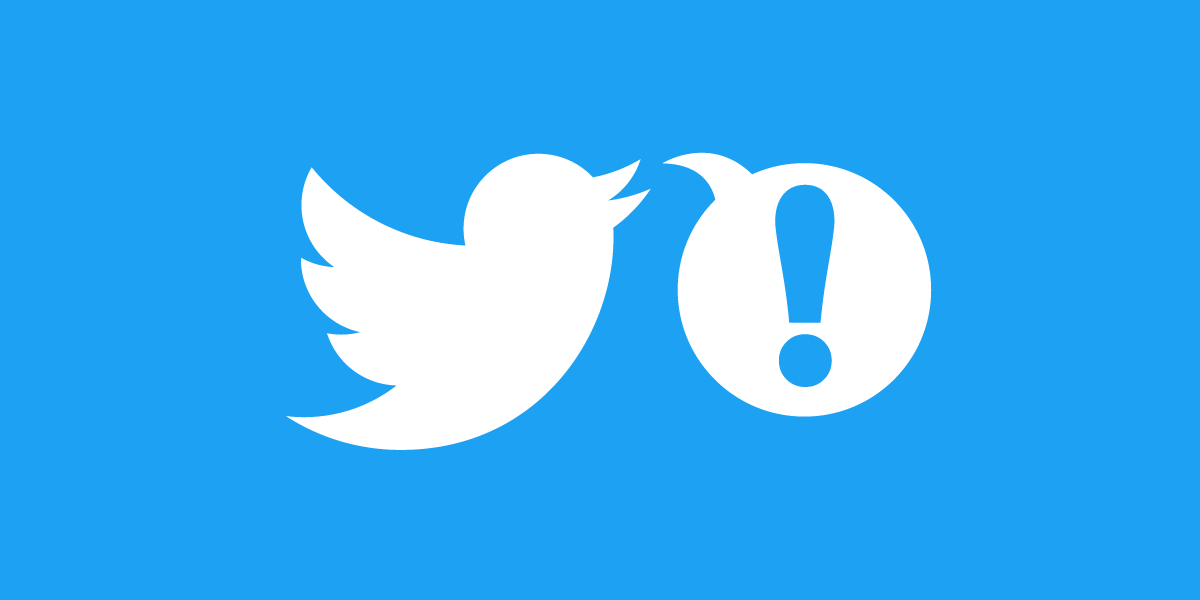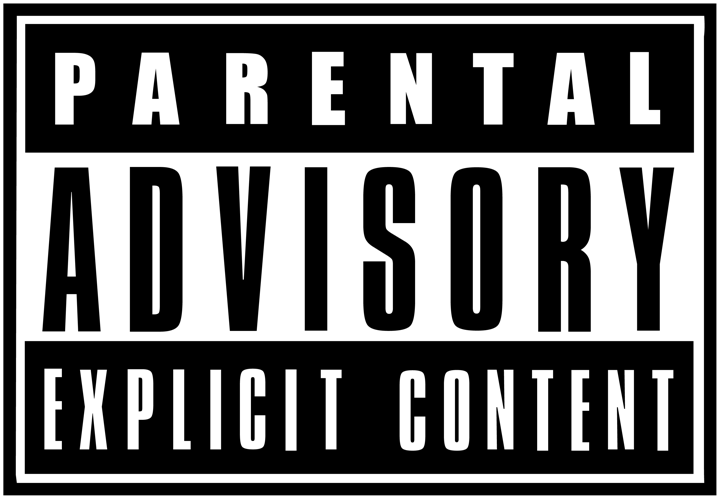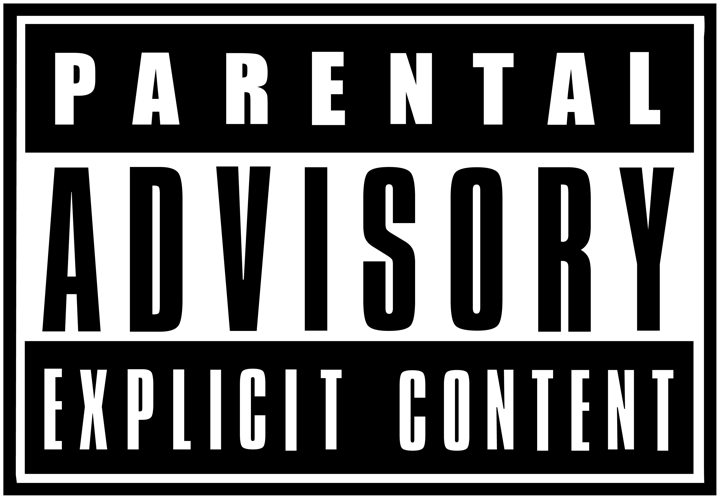
Have you seen the stories about how Trump administration officials and staffers for Ted Cruz are finding that no one in the private sector will hire them because they are forever tainted by their former bosses' disgraceful behavior?
They're bullshit.
nymag.com/intelligencer/…
1/
They're bullshit.
nymag.com/intelligencer/…
1/

The Swamped site from @twittlesis is a crowdsourced list of Trump's ugliest swamp-gators and the employers who put them in positions of power and authority despite their complicity with a fascist would-be dictator.
littlesis.org/swamped
2/
littlesis.org/swamped
2/
On @TheProspect, @alex_sammon provides highlights of the swamp-to-industry pipeline.
Unsurprisingly, babykiller companies LOVE Trump's gators. Jim Mattis? Board member for General Dynamics. Andrea Thompson? Northrop Grumman. HR McMaster? Zoom.
prospect.org/politics/as-th…
3/
Unsurprisingly, babykiller companies LOVE Trump's gators. Jim Mattis? Board member for General Dynamics. Andrea Thompson? Northrop Grumman. HR McMaster? Zoom.
prospect.org/politics/as-th…
3/
Rick Perry is back at Energy Transfer Partners, parleying his government service into a plum role in energetically rendering the planet unfit for human habitation.
Ryan Zinke's in fintech.
4/
Ryan Zinke's in fintech.
4/
As punishment for his multitude of sins as the president's personal attorney, Donald McGahn has been sentenced to the Wearing of the White Shoes, threatening people on behalf of the clients of corporate law powerhouse Jones Day.
5/
5/
Dina Powell's back at Goldman Sachs and Fiona Hill's back is nestled snug at the Brookings Institute.
And lest we forget, the lying garbage-person Sean Spicer is a fellow at Harvard, and used his clout to blackball the truth-telling hero @xychelsea.
6/
And lest we forget, the lying garbage-person Sean Spicer is a fellow at Harvard, and used his clout to blackball the truth-telling hero @xychelsea.
6/
The swamp-to-industry pipeline was greased in the final hours of the Trump regime, when Trump signed an executive order rescinding Obama's rule that banned administration officials from immediately joining lobbying firms.
cnn.com/2021/01/20/pol…
7/
cnn.com/2021/01/20/pol…
7/
Image:
AgnosticPreachersKid (modified)
commons.wikimedia.org/wiki/File:Whit…
CC BY-SA
creativecommons.org/licenses/by-sa…
eof/
AgnosticPreachersKid (modified)
commons.wikimedia.org/wiki/File:Whit…
CC BY-SA
creativecommons.org/licenses/by-sa…
eof/
ETA: if you'd like to read or link to this as a single blog post on a site that's free from surveillance, ads and trackers, here's a permalink:
pluralistic.net/2021/01/24/1a/…
pluralistic.net/2021/01/24/1a/…
• • •
Missing some Tweet in this thread? You can try to
force a refresh













